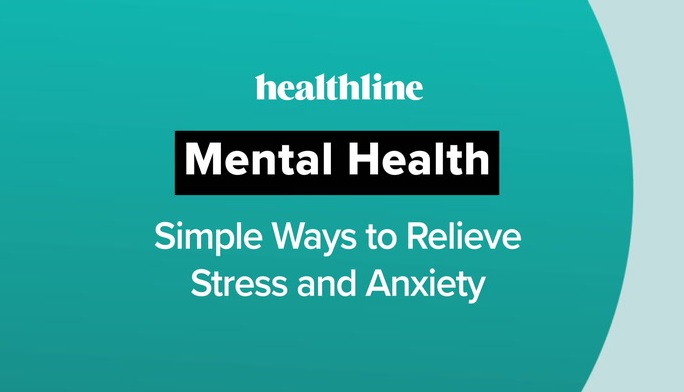Stress and anxiety are common experiences in today’s fast-paced world. They can be caused by a variety of factors, including work pressure, relationship issues, financial problems, and health concerns. Stress and anxiety can be harmful to both physical and mental health, and it is important to learn how to manage them effectively. Here are eight tips for managing stress and anxiety:
1. Identify the Source of Your Stress and Anxiety
The first step in managing stress and anxiety is to identify the source of your stress. Once you have identified the source, you can take steps to manage or eliminate it. Take some time to reflect on the things that are causing you stress and anxiety. Write them down if necessary. This will help you to understand what triggers your stress and anxiety.
2. Practice Deep Breathing
Deep breathing is a simple but effective technique that can help reduce stress and anxiety. It works by slowing down your heart rate and calming your mind. Sit or lie down in a comfortable position, and take a deep breath in through your nose. Hold the breath for a few seconds, and then exhale slowly through your mouth. Repeat this for a few minutes, and you will notice a sense of calmness.
3. Exercise Regularly
Exercise is a great way to reduce stress and anxiety. It releases endorphins, which are natural feel-good chemicals that help to improve mood and reduce stress. It also helps to reduce muscle tension and improve sleep, which are both important factors in managing stress and anxiety. Aim to exercise for at least 30 minutes per day, five days per week.
4. Eat a Healthy Diet
Eating a healthy diet can help to reduce stress and anxiety. Avoid processed and sugary foods, as they can increase stress levels. Instead, focus on eating a balanced diet that includes plenty of fruits, vegetables, whole grains, and lean protein. Also, make sure to stay hydrated by drinking plenty of water throughout the day.
5. Get Enough Sleep
Getting enough sleep is essential for managing stress and anxiety. Lack of sleep can increase stress levels and make it difficult to cope with daily challenges. Aim to get at least seven to eight hours of sleep each night. Develop a bedtime routine that includes relaxing activities, such as reading or taking a warm bath, to help you fall asleep.
6. Practice Mindfulness Meditation
Mindfulness meditation is a powerful technique that can help to reduce stress and anxiety. It involves focusing on the present moment and accepting it without judgment. Find a quiet place to sit or lie down, and focus on your breath. Whenever your mind wanders, gently bring your focus back to your breath. Practice this for a few minutes each day, and you will notice a sense of calmness and clarity.
7. Stay Connected with Others
Social support is important for managing stress and anxiety. Make time to connect with friends and family, either in person or virtually. Talk about your feelings with someone you trust, and seek their support if necessary. Join a support group if you need additional support.
8. Seek Professional Help if Necessary
If your stress and anxiety are interfering with your daily life, it may be time to seek professional help. A mental health professional can help you to develop coping strategies and provide support. Talk to your doctor or a mental health professional if you feel overwhelmed or unable to cope with your stress and anxiety.
Conclusion
Managing stress and anxiety is essential for maintaining physical and mental health. By following these eight tips, you can reduce stress and anxiety and improve your overall well-being. Remember to be patient and kind to yourself as you work to manage your stress and anxiety. With practice, you can develop effective coping strategies that will help you to lead a happier and healthier life.

